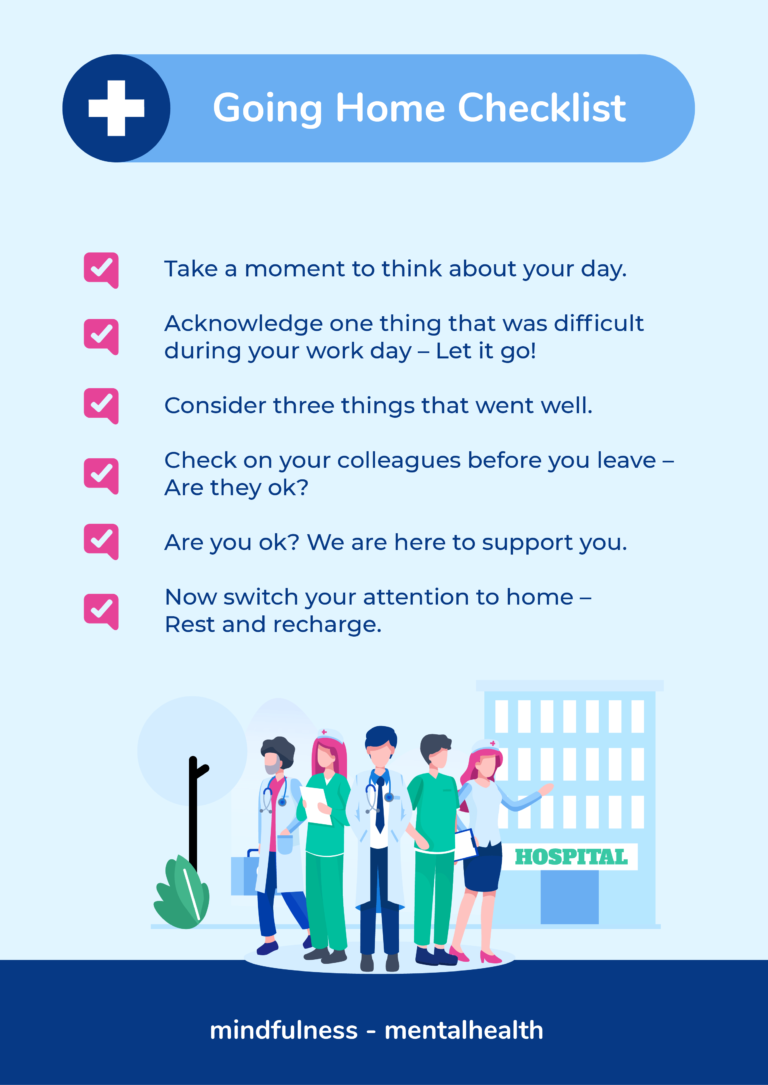
Today, I was supposed to represent my midwifery department in meeting our President to celebrate the Year of the Nurse and Midwife. Instead I am in my bedroom, juggling my academic work and representing students to the Irish Nursing and Midwives Organisation as well as working with the Midwives Association of Ireland. The academic work ball is dropped momentarily, and I have to keep reminding myself that this is my last real academic semester of the training.
But it’s hard to ignore the endless messages popping up on my phone. Students from first year to internship, from my own college and from colleges around the country and even abroad. My amazing Midwives Association committee is working tirelessly to provide information to pregnant people and to professionals when there is so much misinformation and fear in the world. My lecturers have been as good as they can be, and so have the union officers I’ve been in contact with. I’m being sustained by these groups and the pure love coming from them. But I’m also tired already trying to keep everyone else going as well as myself. It’s the balancing act that we in healthcare must perform regardless of whatever diseases are around us.
Instead of seeing our lovely wee leader and his amazing wife Sabina (and their soft fur babies, seen above), I watched his Patrick’s Day address while I ate Chinese takeout (watch it here). He talks about solidarity, looking out for the vulnerable, and coming together. And that’s exactly what needs to happen now. We need to come together by staying apart. There’s been a big beautiful virtual community of people from every corner to get others through the uncertainty. #FeedTheHeroes has particularly warmed my heart because I’ve watched colleagues struggle through shifts with barely any energy but no time to stop – and that’s BC (Before COVID). Efforts from healthy community members to help the vulnerable through are stunning in their selflessness and their spontaneity.
It’s a strange time for everyone. Never in my life did I think I’d see pubs closed in Ireland on Paddy’s day and no parades. People are confused and scared. The news is full of uncertainties and fear. I strongly encourage people to follow advice from the HSE and the HSPC.
It’s a time of uncertainty for healthcare workers – do we have the staff and supplies to get through this? As long as people don’t steal from healthcare facilities, we should.
Healthcare students especially are in limbo – information regarding rights for supernumery and internship students can be found here.
A huge HSE recruitment drive was launched today – read about it and apply here to #BeOnCallForIreland
If you’re unsure of your rights as a healthcare worker, first port of call is to read your contract and then contact the Industrial Relations Officer representing your union in your area. Consider contacting Occupational Health if it’s a health issue. Check for any new HSE/HSPC circulars with guidance. Above all else, speak up if you are concerned.
The health service is made up of strong people, and we need support to get through this crisis. Members of the public; follow social distancing and call the helpline if you have specific concerns. Do not call 999 or 112 unless it is an immediately life threatening emergency.









